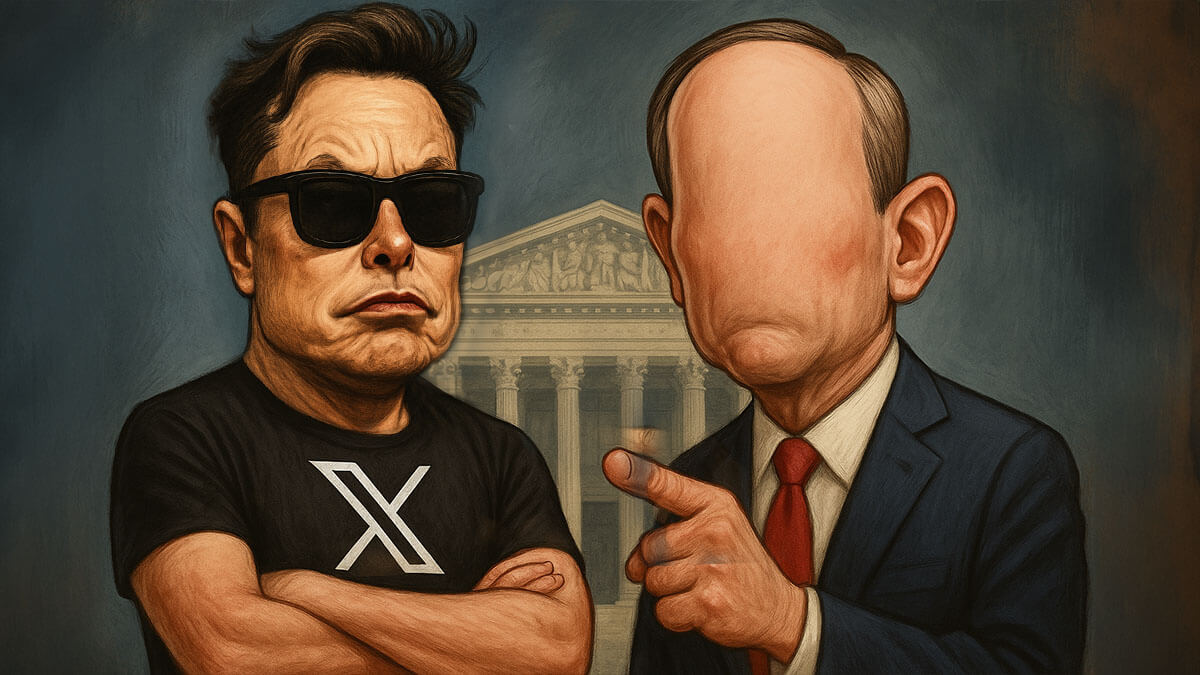X Corp., the social media company led by Elon Musk, has initiated legal proceedings against the state of Minnesota, challenging a new law that prohibits the use of artificial intelligence-generated "deepfakes" in political campaigns. The federal lawsuit, filed this week, contests the constitutionality of Minnesota's 2023 statute, arguing that it infringes on the rights granted to online platforms and their users under federal law.
The company's legal action comes in response to a law that seeks to impose criminal penalties, potentially including imprisonment, for the creation or distribution of AI-generated content that could damage a political candidate or influence voter opinion if it appears convincingly real. The legislation defines "deepfakes" as content that could be mistaken for genuine material by an average person, despite being artificially produced. The law particularly targets content released within 90 days of an election or party convention.
"I'm almost positive this will be struck down," said law professor Alan Rozenshtein, highlighting the tension between combating misinformation and upholding the First Amendment.
X Corp. has expressed concerns that the statute could inadvertently criminalize benign activities such as political commentary, satire, or humor, no matter how clearly fictitious. The company's statement, as reported by the Associated Press, suggests that the law creates a risk of criminal liability for social media platforms that may need to censor such speech to avoid sanctions.
This development has ignited a debate over the balance between fighting misinformation and preserving free speech. Conservatives, in particular, view the law as a potential tool for silencing opposition under the pretext of defending democracy. The controversy is further fueled by comments from the law's sponsor, state Sen. Erin Maye Quade (D), who has dismissed the lawsuit as frivolous and a distraction from the law's intent to protect the electoral process.
Minnesota Attorney General Keith Ellison, a Democrat known for his progressive stance, stated that his office is carefully examining the lawsuit and will respond suitably in due course. Ellison has defended the law, asserting that it carefully preserves space for parody and is essential to combat the dangers posed by deepfakes.
The battle over Minnesota's law is not isolated. X Corp. is also challenging a comparable law in California that was recently put on hold by a federal judge. The company points to its internal mechanisms, such as "Community Notes" and the "Grok AI" content verification system, as evidence of its commitment to authenticity in online discourse.
Legal experts like law professor Alan Rozenshtein have expressed skepticism about the law's viability in court, citing First Amendment protections even for false political speech. Rozenshtein argues that the threat of criminal penalties may compel platforms to over-censor content, which could be counterproductive. He acknowledges the challenges posed by deepfakes but suggests that simply banning them will not address the underlying issue of public gullibility.

